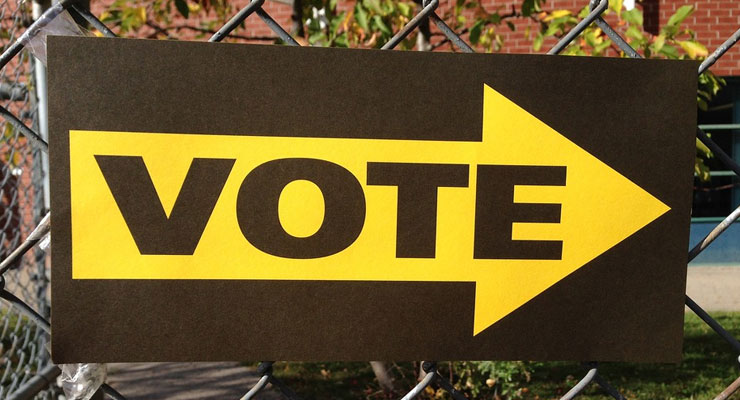 This interesting article in Election Law Blog posted by Richard Pildes revisits the recent history of gerrymandering in America, examining how it shaped 19th century US policy. Here is an excerpt:
This interesting article in Election Law Blog posted by Richard Pildes revisits the recent history of gerrymandering in America, examining how it shaped 19th century US policy. Here is an excerpt:
I have been reading Erik J. Engstrom’s book, Partisan Gerrymandering and the Construction of American Democracy, which is a tour de force on the history of partisan gerrymandering. I decided to put this post together to convey a sense of the fascinating stories he uncovers.
In the 19th century, after Congress began requiring single-member districts in 1842, mid-decade redistricting was common. Ohio, for example, redistricted seven times between 1878 and 1892 – indeed, it conducted six consecutive congressional elections with six different plans during one point in this stretch. Mid-decade redistricting was most common when the party out of power at the time the prior maps had been drawn gained control of the state’s political process in a subsequent election. Yet in other states, districts went unchanged for decades, if the party in power continued to benefit.
In addition, when control of Congress was at stake, national party leaders pressed same-party state governments to gerrymander congressional districts aggressively. The effects on national policy were dramatic. In the aftermath of the Civil War and Reconstruction, Republicans had a near lock on control of the Senate and the Presidency, due in part to Republicans strategically admitted several new Western states that would clearly be controlled by Republicans. Thus the House was the only place from which Democrats could fight off the Republican agenda – and the most intense period of partisan competition over control of the House before recent years was from 1872-1894. Throughout this period, the parties were virtually tied in House elections; the swing of a few seats thus had dramatic effects on national policy.
Read the full article here. Also see related Democracy Chronicles articles like those on Redistricting, Election History, or even seen our section on American Democracy.
Leave a Reply